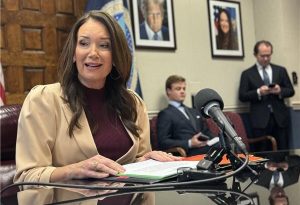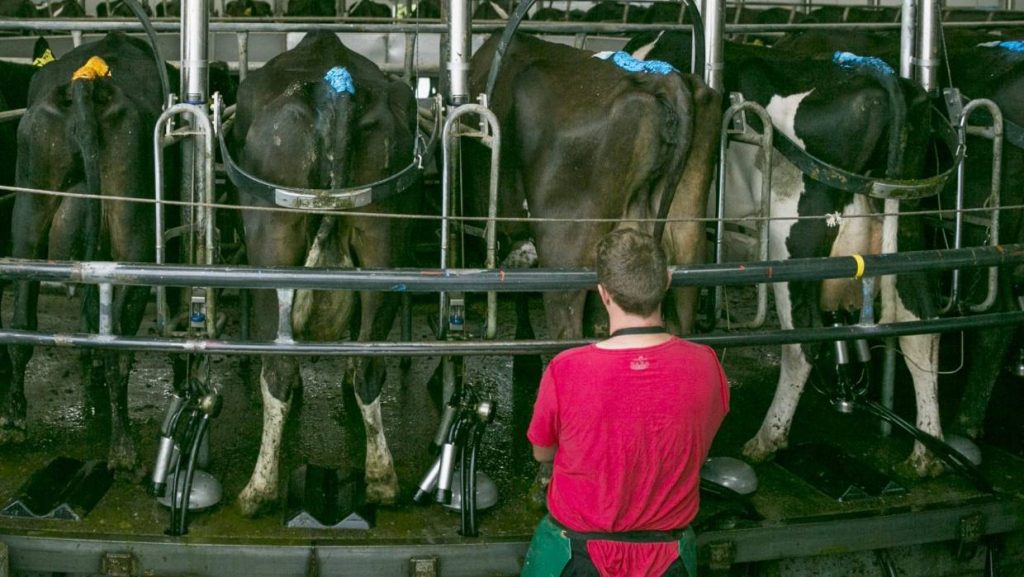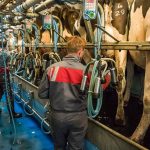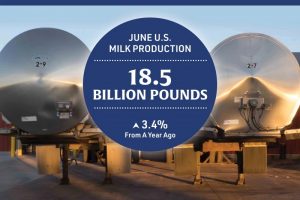
This would avoid a repeat of a Waikato farmer who said he lost everything this season after a contract milking agreement went “completely wrong”.
Federated Farmers hope to amend its contract milking agreement that will provide a guaranteed income for contract milkers in the next month.
The organisation’s Waikato sharemilkers chairman, Doug Chappell told farmers at its annual meeting on this month they were still working through the fine print of the agreement.
Chappell said the contract would be similar to the group’s herd owning agreement. The section on how expenses will be paid would be put near the front of the contract so it had be filled in by the owner and contract milker.
Dairy chairman Chris Lewis said the lack of protection for contract milkers has been an ongoing issue. Some employment contracts are very good, others are not.
“My manager is going contract milking next season and one of the things I said to him was to make sure you get a minimum guarantee because I have had so many ones come across my desk that are unfavorable contracts and I don’t want to see you get ruined.”
His manager subsequently asked the farm owner for that guarantee, which he agreed to.
“It is an issue and it’s a big issue,” he said.
The new contract will only apply to contracts designed by the federation that would be available to farmers at a cost on its website. It was a small cost to pay for a fair contract, he said.
The quality of contracts was also an issue. Some used by farmers were heavily one sided, but fixing those required amending the Sharemilking Agreements Act.
That would take more time, Lewis said.
“I encourage both parties to sit down together – employee and employer and go through the contract and have a discussion.”
Sharemilkers and contract milkers were hugely passionate about securing their first job, but that passion needed to be tempered with making sound business decisions including ensuring the costs within the agreement are accurate.
“Research the costs. You can go onto DairyNZ’s DairyBase’s statistics on financials if you’re not certain. Talk to your current boss or a respected farmer to ensure what you’re signing is the real deal.”
But getting accurate figures was not easy, another farmer said.
“You say that it’s easy but you do not get those answers that you need. You go to the best places to try and get them and ultimately it comes down to your best guess and your best way of calculating those costs, and quite often they’re wrong.”
Sometimes farm owners – intentionally or not – gave contract milkers the wrong numbers.
He urged the federation to stand up and say publicly that it was not okay.
“Recognise that there is a problem in our industry and that we are fighting by your side to rectify the issues.”

























